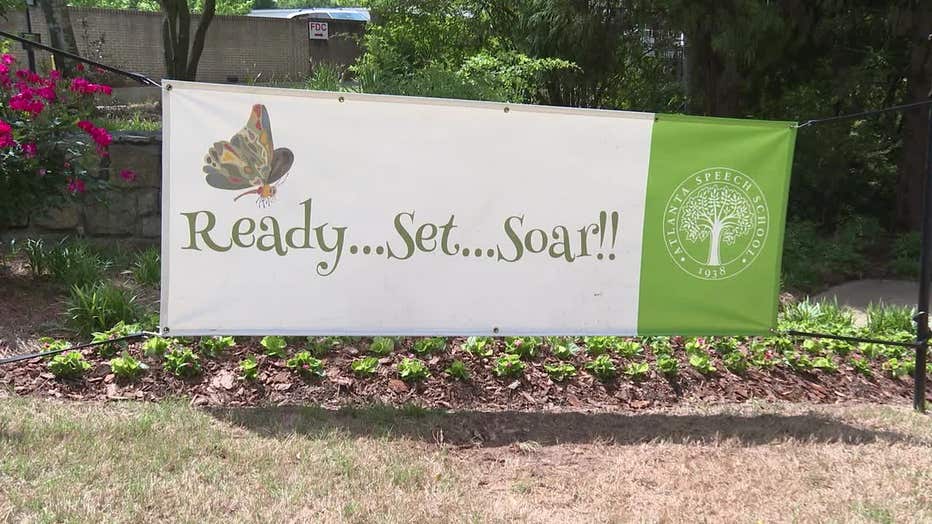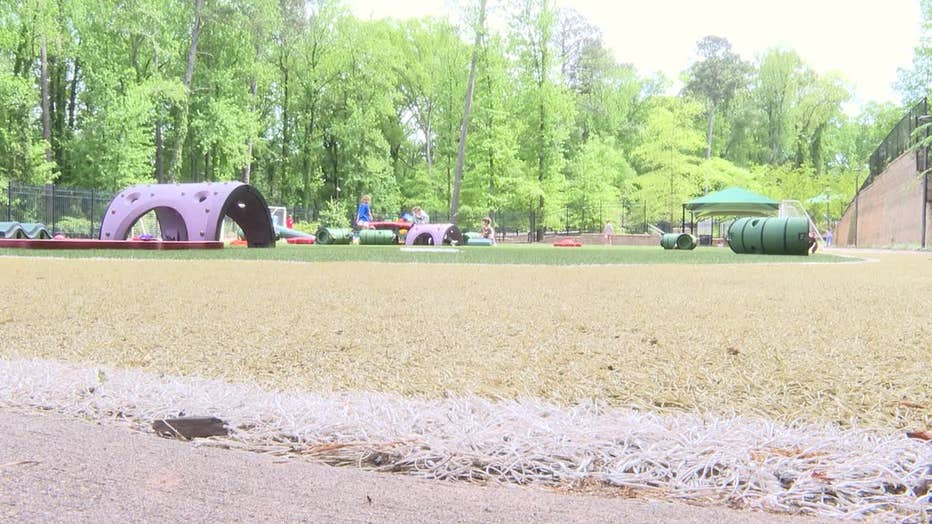Literacy educator calls new Georgia laws 'meaningful'
Kemp signs 2 bills to improve literacy rates among students
Georgia Gov. Brian Kemp has signed two pieces of legislation into law to try to improve the literacy rates among students. A recent national assessment found not even a third of Georgia fourth-graders were proficient in reading last year.
ATLANTA - The chief academic officer at an Atlanta literacy and language-focused school said she believes two bills signed into law by Gov. Brian Kemp will help improve outcomes for children.
"We are really excited about the governor’s decision to sign this legislation," said Ryan Lee-James of the Atlanta Speech School. "We believe that it is going to be extremely meaningful for all Georgians now and down the road."
Senate Bill 211 creates the Georgia Council on Literacy, a 30-member panel tasked with reviewing the state’s education programs and recommending improvements through legislation and state funding.

Under House Bill 538, also known as the Georgia Early Literacy Act, the Department of Early Care and Learning must require teachers to have training on "developmentally appropriate evidence-based literacy instruction" beginning July 1, 2025. The bill also said the Georgia Department of Education shall develop or secure training for kindergarten through third grade teachers on the science of reading.
"It says that in our state, if you are responsible for children and their learning that you must be using practices that are aligned with research," explained Lee-James.
According to the National Assessment of Educational Progress, only 32% of Georgia fourth graders were proficient in reading in 2022. State lawmakers cite reading proficiency at age eight as one of the most accurate indicators of whether a student will graduate from high school.

(FOX 5)
To help identify students who need additional support, HB 538 requires schools to perform reading screenings on students three times each year, beginning in August 2024. Lee-James likened them to regular health screenings from a doctor.
"What providing intermittent screening does is ensure that we don’t miss any children," said Lee-James. "And when we do get red flags, that we follow them up immediately, that schools are able to be in touch with families and caregivers so that we can, again, plan that course of educational care."

(FOX 5)
James said she believes these new laws will pay dividends if the state sticks with them.
"What’s really important to know is that we cannot expect that tomorrow all of our problems are solved with the legislation. What we can expect is with the provisions in the legislation, that if we roll up our sleeves and do the work, what we know from science is that almost all children can learn to read in an evidence-based, structured literacy approach," Lee-James explained.

